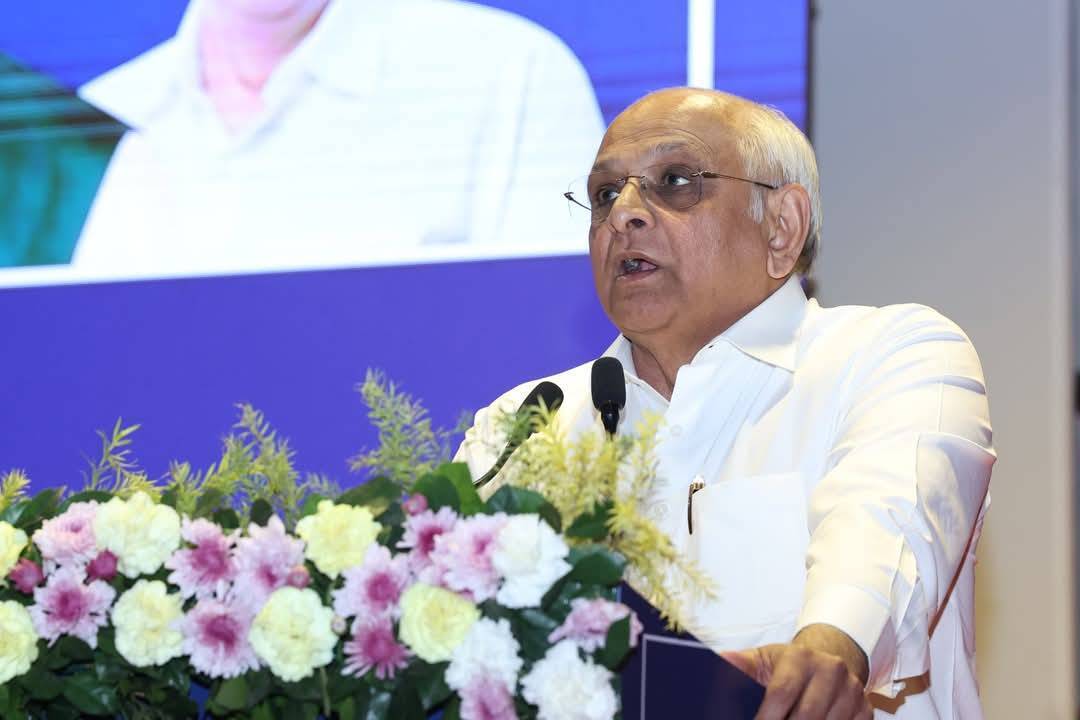The Central Board of Indirect Taxes and Customs (CBIC) has announced a significant relief for small taxpayers under the composition scheme by removing the 18% Goods and Services Tax (GST) on rent for leased premises, particularly when leased from property owners who are not registered under GST. This move is expected to provide substantial support to small businesses, especially in the restaurant and service sectors.
In October 2024, new GST regulations were introduced, requiring GST-registered tenants to pay 18% GST through the reverse charge mechanism (RCM) when renting commercial spaces from unregistered property owners. This regulation created significant challenges for small businesses, as they were required to pay GST upfront, without being able to claim input tax credit (ITC). The inability to offset the tax led to cash flow issues, especially for businesses under the composition scheme, whose annual turnover is below Rs 1.5 crore.
Under the composition scheme, businesses pay a simplified tax ranging from 1% to 6% of their turnover, depending on the type of business. However, the 18% GST on rent created a severe cash crunch, particularly for small traders, restaurant owners, and service providers, as they had to pay the GST without any possibility of reclaiming it. Chartered accountant Karim Lakhani highlighted the financial strain caused by this, stressing that the impact on small businesses was considerable due to the working capital shortage.
The new decision by the CBIC eliminates the requirement for small taxpayers under the composition scheme to pay GST under RCM when renting from unregistered property owners. This change, effective from October 10, 2024, will provide immediate relief to affected businesses. By removing the upfront GST payment requirement, the CBIC aims to reduce the financial burden on small businesses, which have been struggling with the increased tax liability.
This adjustment is expected to ease the financial pressure on a wide range of small traders, manufacturers, and restaurants. Many of these businesses were previously dealing with cash flow challenges due to the additional GST liability. The CBIC’s decision is seen as part of a broader effort to support small businesses, streamline tax procedures, and reduce unnecessary financial strain on them.
By addressing the difficulties faced by small businesses, the move is likely to encourage growth and stability in these sectors, which are crucial to the economy. As businesses can now avoid paying the 18% GST upfront, it is expected to help improve their cash flow and allow them to invest more in their operations and growth. This step by the CBIC is one of the many efforts that aim to create a more conducive environment for small businesses to thrive and contribute to the overall economic development of the country.









.png)